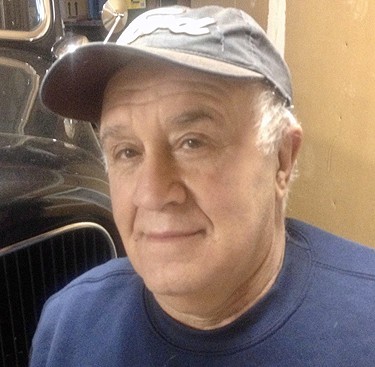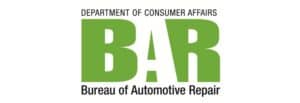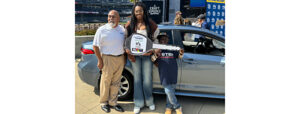
Editor’s Note: Paul E. Grech, 76, worked as a mechanic for 60 years and owned the former San Franciso shop, Allied Engine & Auto Repair, before retiring. In this column series, Grech shares his experiences as a shop owner. This installment reflects on data access, the ALDL and ASCCA.
The more things change, the more they stay the same. The fight for data access is nothing new and reminds me of the time how the Assembly Line Diagnostic Link, or ALDL, came about with the ability to be accessed with one tool for all cars.
Sometimes you have to stand up, ask questions and fight for your rights. I joined a trade association in 1978, the Automotive Service Council of California (ASCCA), which was started in 1940 in Southern California by a group of garage owners. One of the early members was Jack Hyler, who retired at 88 years of age from his gas station/repair shop in the Los Angeles area about 1989.
He soon got tired of just sitting around, so he started to attend government meetings pertaining to the automotive industry to keep track of the environmental legislation that was coming down the pike affecting the repair industry.
One of the meetings he attended was in Detroit in 1994.
It was held by the Environmental Protection Agency (EPA) and the car manufacturers, and the subject was about the ALDL connector that was to be attached to the bottom of dashboards of new cars starting with the 1996 model year. The OEMs said certain data would be accessible only by the dealer and law enforcement, but it would give access to data pertaining to smog repairs, making it available to the aftermarket.
The only thing was, you would need a different tool for each make of car. During the question-and-answer period, Jack stood up and asked, “Why can’t you make one tool that works on all cars?”
The audience laughed at him. When the laughter died down the representatives from the EPA stood up and said, “Yes, why can’t you make one tool for all cars?”
Nobody laughed this time. This got the ball rolling and we ended up with one tool for all cars.
ASCCA also watches for legislation that would require you to do more shop paper work and eat more of your time. It was also instrumental in enabling shops to get an authorization signature for additional work electronically.
I encourage all California shops and aftermarket businesses to attend ASCCA’s annual Legislative Day, Tuesday, April 28, in Sacramento.
I’ve attended them and saw immediate, significant results that saved shops a lot of money. What I liked best about it, I could hear about these new things in a relaxed atmosphere. No phones to interrupt your concentration and other distractions so you could make the correct decision about changes that were being proposed.
You can go there and talk to your legislators about proposed laws that would make tomorrow’s workday more complicated than need be — and legislation to make it easier.
Whether it’s the ALDL or important legislation to keep on top of, it’s important that independent shops and the aftermarket speak with one collective voice to ensure our interests are served and we remain viable and fruitful.
————————————-
In the next installment, Grech will explain how the workman’s comp rate in 2012 went up to from $4 to $13, then back to $4 the following year. He is also the author of “So, You Want to be an Auto Technician,” a book for entry-level techs. He can be reached at p_grech@comcast.net





Comments are closed.